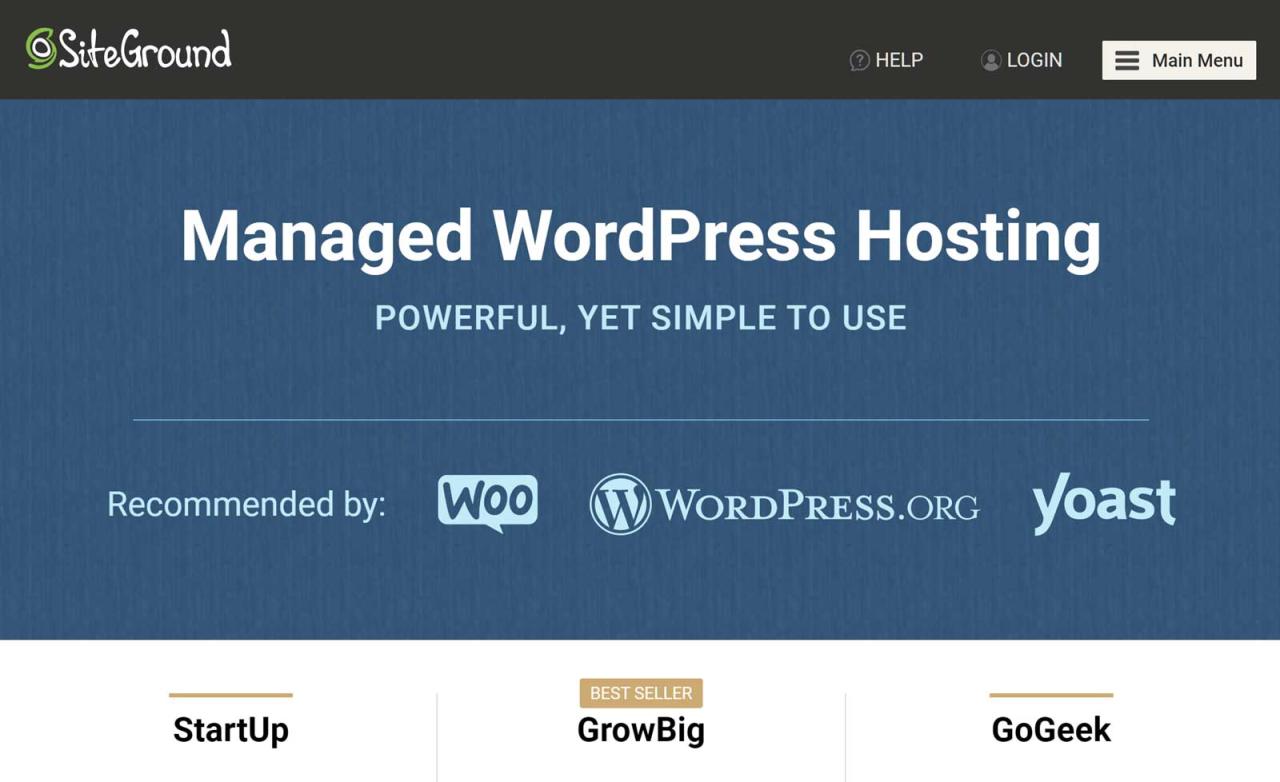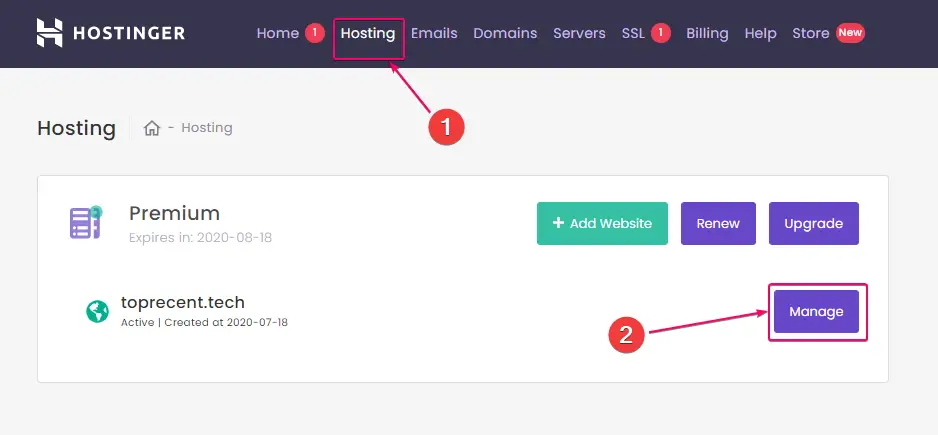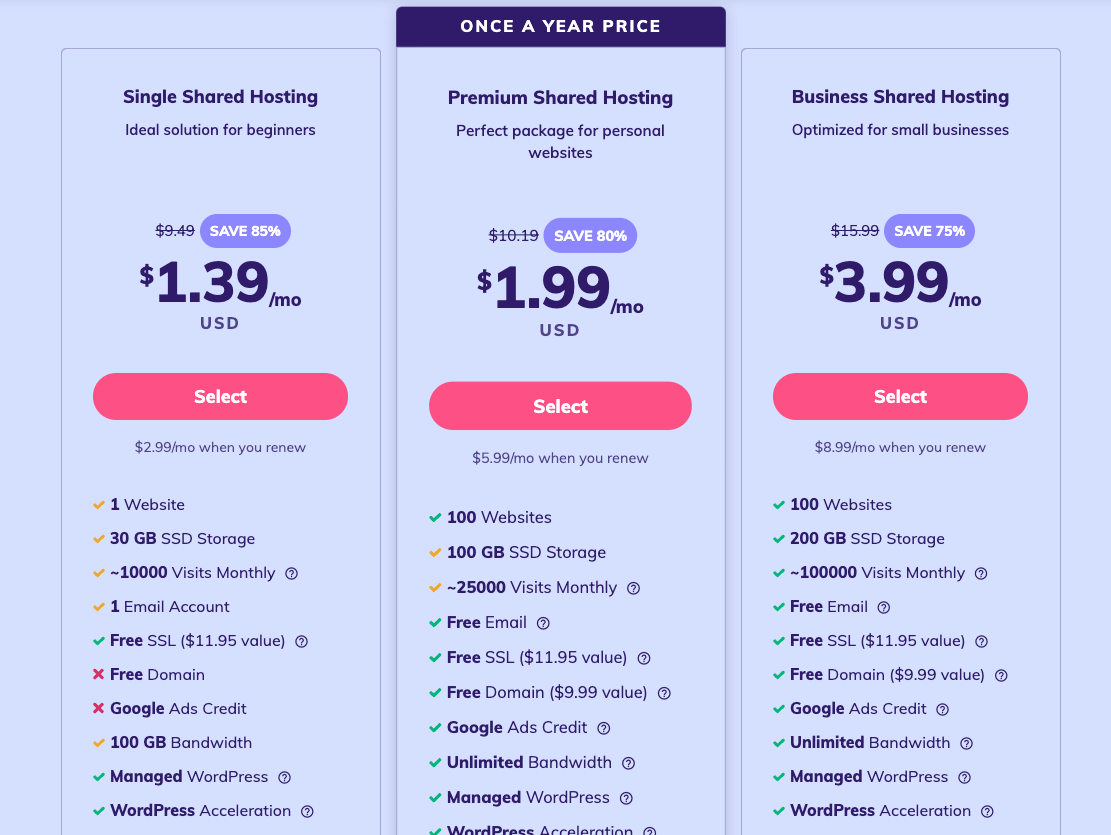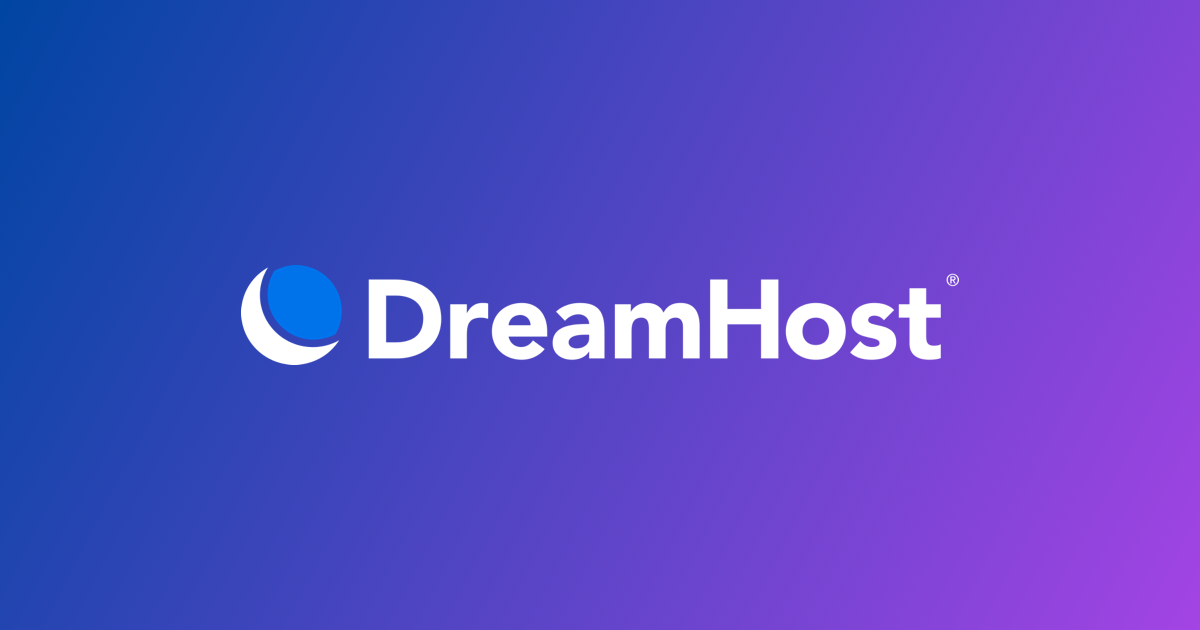Free WordPress hosting with cPanel offers a tempting proposition for aspiring website owners, promising a cost-effective way to launch a website without breaking the bank. This guide delves into the world of free hosting, exploring its benefits, limitations, and best practices for a successful WordPress experience.
We’ll cover everything from choosing the right free hosting provider to setting up WordPress and optimizing your site for performance. We’ll also examine essential cPanel features, discuss potential limitations, and explore alternative hosting options when your website outgrows the confines of free hosting.
Limitations of Free WordPress Hosting with cPanel

Free WordPress hosting with cPanel might seem attractive, but it often comes with limitations that can significantly impact your website’s performance, functionality, and overall user experience. Understanding these limitations is crucial before choosing this type of hosting for your website.
Limited Storage Space and Bandwidth
Free hosting plans usually offer limited storage space and bandwidth, which can restrict your website’s growth and functionality. This means you have a limited amount of space to store your website files, images, and other content, and a limited amount of data that can be transferred to visitors each month.
- Limited storage space: If you run a website with many images, videos, or other large files, you might quickly exhaust your allocated storage space. This can lead to problems like website slowdowns, broken links, and even website crashes.
- Limited bandwidth: Bandwidth refers to the amount of data that can be transferred to and from your website in a given time period. If you experience a surge in traffic, your website might slow down or become inaccessible due to exceeding your bandwidth limit.
Restricted Features and Plugins
Free hosting plans often come with limited features and plugin access, which can restrict your website’s functionality and customization options. This might include limitations on the number of plugins you can install, the types of plugins available, and the features they offer.
- Plugin limitations: Many essential plugins for security, , and performance optimization might not be available on free hosting plans. This can hinder your website’s growth and limit its potential.
- Feature restrictions: Free hosting plans often lack advanced features like email accounts, databases, or security tools. This can make it challenging to manage your website effectively and maintain its security.
Potential for Slow Performance and Downtime
Free hosting plans often share resources with other websites, leading to potential performance issues and downtime. This is because the resources are shared among multiple websites, which can result in slower loading times, server overload, and even website crashes.
- Shared resources: Free hosting plans typically share servers with many other websites, which can impact your website’s performance. When other websites on the same server experience high traffic, it can slow down your website.
- Downtime risk: If another website on the same server experiences technical issues or crashes, it can also affect your website’s availability. This can lead to lost visitors and potential damage to your website’s reputation.
Lack of Support and Security Features
Free hosting plans often lack dedicated customer support and robust security features. This can leave you vulnerable to security threats and make it challenging to resolve technical issues or get assistance when needed.
- Limited customer support: Free hosting providers often offer limited customer support, which might be slow to respond or provide inadequate assistance. This can be frustrating when you encounter technical problems or need help with your website.
- Security vulnerabilities: Free hosting plans often lack comprehensive security features, leaving your website vulnerable to attacks like malware, hacking, and data breaches.
Alternatives to Free WordPress Hosting with cPanel

Free WordPress hosting with cPanel often comes with limitations that can hinder your website’s growth. To overcome these restrictions and ensure a smooth experience, exploring alternative hosting options is crucial. Let’s delve into the different hosting solutions available, comparing their advantages and disadvantages to help you make an informed decision.
Shared Hosting with cPanel
Shared hosting is a popular choice for budget-conscious website owners. In this type of hosting, multiple websites share the same server resources, making it a cost-effective solution. cPanel is a widely used control panel that simplifies website management tasks for shared hosting users.
Here’s a breakdown of the pros and cons of shared hosting with cPanel:
- Advantages:
- Cost-effective: Shared hosting is typically the most affordable hosting option, making it suitable for individuals and small businesses with limited budgets.
- Ease of use: cPanel provides a user-friendly interface that simplifies tasks like website management, email configuration, and database management.
- Suitable for beginners: Shared hosting with cPanel is a good starting point for website owners who are new to web hosting.
- Disadvantages:
- Limited resources: Sharing server resources with other websites can lead to performance issues, especially during peak traffic hours.
- Security risks: Shared hosting environments can be vulnerable to security breaches if other websites on the server are compromised.
- Less control: Shared hosting users have limited control over server configurations and resources.
Managed WordPress Hosting
Managed WordPress hosting is designed specifically for WordPress websites. This type of hosting provides optimized performance, security, and automatic updates, making it an excellent choice for serious WordPress users.
Here’s a closer look at the advantages and disadvantages of managed WordPress hosting:
- Advantages:
- Optimized for WordPress: Managed WordPress hosting providers offer server configurations tailored for WordPress, ensuring optimal performance and speed.
- Enhanced security: Managed WordPress hosting includes robust security features like malware scanning, firewall protection, and regular backups, minimizing the risk of security breaches.
- Automatic updates: Managed WordPress hosting providers handle automatic updates for WordPress core, plugins, and themes, ensuring your website is always up-to-date and secure.
- Expert support: Managed WordPress hosting providers offer dedicated support teams specializing in WordPress, providing prompt assistance for any issues or questions.
- Disadvantages:
- Higher cost: Managed WordPress hosting is typically more expensive than shared hosting due to the added features and support.
- Less flexibility: Managed WordPress hosting providers often have specific configurations and restrictions, limiting the flexibility you have in customizing your website.
Cloud Hosting
Cloud hosting is a flexible and scalable hosting solution that uses a network of servers to distribute your website’s workload. This allows your website to handle traffic spikes and grow without limitations.
Here are the advantages and disadvantages of cloud hosting:
- Advantages:
- Scalability: Cloud hosting can easily scale up or down based on your website’s traffic and resource needs, ensuring optimal performance even during peak traffic hours.
- High availability: Cloud hosting utilizes multiple servers, ensuring your website remains accessible even if one server fails.
- Flexibility: Cloud hosting offers a wide range of customization options, allowing you to tailor your server configurations to meet your specific needs.
- Disadvantages:
- Cost: Cloud hosting can be more expensive than shared hosting, especially if your website has high traffic or resource requirements.
- Complexity: Cloud hosting can be more complex to manage compared to shared hosting, requiring a higher level of technical expertise.
Best Practices for Using Free WordPress Hosting with cPanel
Free WordPress hosting with cPanel offers a convenient way to launch your website, but it’s essential to follow best practices to optimize performance and security. By taking proactive steps, you can ensure your website runs smoothly and remains protected from potential threats.
Choosing a Lightweight WordPress Theme
Selecting a lightweight WordPress theme is crucial for website performance. Heavy themes can significantly impact loading times, affecting user experience and search engine ranking. Consider the following factors:
- Theme Size: Opt for themes with a smaller file size. This reduces the amount of data that needs to be downloaded, resulting in faster loading times.
- Code Complexity: Choose themes with clean and efficient code. Avoid themes with excessive JavaScript or CSS, which can slow down page rendering.
- Features: Evaluate the features you need. Choose a theme with only the necessary functionalities to avoid unnecessary code and resources.
Minimizing Plugin Usage
Plugins enhance WordPress functionality, but excessive plugin usage can hinder performance. Consider the following recommendations:
- Essential Plugins: Focus on installing only essential plugins that are crucial for your website’s functionality.
- Plugin Optimization: Regularly update and deactivate unused plugins to minimize resource consumption.
- Plugin Alternatives: Explore built-in WordPress features or alternative methods to achieve the same functionality without relying on additional plugins.
Using Caching Plugins
Caching plugins store static versions of your website’s content, reducing server load and improving loading times. Popular caching plugins include:
- WP Super Cache: A highly effective caching plugin that offers various caching levels.
- W3 Total Cache: A comprehensive caching plugin with advanced features for optimization.
- WP Rocket: A premium caching plugin known for its performance and user-friendly interface.
Implementing Basic Security Measures, Free wordpress hosting with cpanel
Security is paramount for any website. Follow these basic security measures:
- Strong Passwords: Use strong passwords for your WordPress login and database credentials.
- Regular Updates: Keep WordPress, themes, and plugins updated to patch vulnerabilities.
- Two-Factor Authentication: Enable two-factor authentication for an additional layer of security.
- Security Plugins: Consider using security plugins to monitor and protect your website from threats.
When to Consider Upgrading from Free Hosting
Free WordPress hosting with cPanel is a great option for getting your website up and running quickly and easily. However, as your website grows and gets more traffic, you may find that free hosting is no longer sufficient.
Free hosting typically comes with limitations on storage space, bandwidth, and features. These limitations can impact your website’s performance and security. If you notice any of the following signs, it may be time to upgrade to a paid hosting plan.
Slow Loading Times
Slow loading times can frustrate visitors and lead to a higher bounce rate. If your website is consistently slow, it may be due to limited resources on your free hosting plan.
Frequent Downtime
Downtime occurs when your website is unavailable to visitors. Free hosting providers may not offer the same level of reliability as paid providers, which can lead to frequent downtime.
Limited Storage and Bandwidth
Free hosting plans typically have limited storage space and bandwidth. This can limit the number of files you can store on your website, as well as the amount of traffic it can handle.
Security Concerns
Free hosting providers may not offer the same level of security as paid providers. This can leave your website vulnerable to attacks.
Final Summary: Free WordPress Hosting With Cpanel
While free WordPress hosting with cPanel can be a great starting point, it’s crucial to understand its limitations and consider upgrading to a paid hosting plan as your website grows. By following the tips and insights provided in this guide, you can navigate the world of free hosting and build a successful WordPress website, whether you’re a beginner or a seasoned web developer.
While free WordPress hosting with cPanel offers a basic platform, consider the ease of use and features offered by a dedicated website builder like the dreamhost website builder. It streamlines the process of creating a professional-looking website, even for those without coding experience.
If you need more control and customization, free WordPress hosting with cPanel provides a more hands-on approach, allowing you to leverage the power of WordPress.




